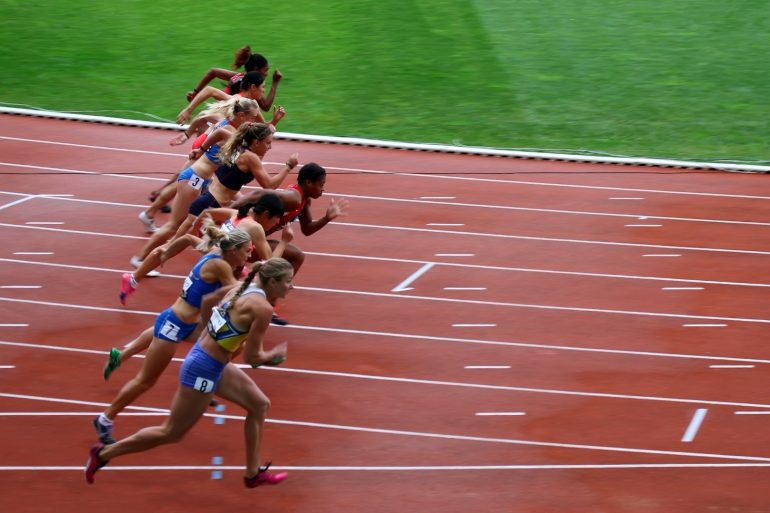- IOC implements AI-powered system to monitor social media for online abuse at Paris 2024.
- System flags abusive content in real-time, prioritizing athlete safety and well-being.
- Joint effort by IOC Athletes’ Commission and Medical and Scientific Commission underscores commitment to athlete protection.
- Comprehensive safety measures include mental health helpline and dedicated Athlete365 Mind Zone.
- Successful pilot of AI tool during Olympic Esports Week demonstrates efficacy in identifying and addressing online abuse.
Main AI News:
Paris 2024 marks a significant milestone in the intersection of technology and athlete protection. Following the unveiling of the Olympic AI Agenda, the International Olympic Committee (IOC) is spearheading a groundbreaking initiative to leverage artificial intelligence for ensuring the security of athletes in the digital sphere. This innovative approach underscores the IOC’s commitment to enhancing safety within the Olympic Movement.
The AI-driven system, as reported by olympics.com, will undertake real-time monitoring across various social media platforms, spanning over 35 languages. Its primary objective is to identify and flag any instances of online abuse or threats, allowing swift intervention by the respective social media platforms, often preempting exposure to harmful content for the athletes themselves.
IOC President Thomas Bach emphasized the centrality of athletes in the Olympic agenda, stating, “Athletes are at the heart of everything we do.” This sentiment underscores the imperative to safeguard athletes not only in physical arenas but also in the digital realm. The joint endeavor by the IOC Athletes’ Commission and the IOC Medical and Scientific Commission epitomizes a proactive stance towards ensuring athletes’ well-being and security.
The deployment of this cutting-edge monitoring platform at Paris 2024 aligns with the IOC’s overarching commitment to fostering safe sporting environments. Kirsty Burrows, Head of the IOC’s Safe Sport Unit, elucidated on the significance of this initiative, noting the pervasive nature of online abuse in today’s interconnected world. She stressed the essentiality of a safe digital ecosystem to complement the physical safety measures during the Games.
The comprehensive safety apparatus for Paris 2024 encompasses various dimensions, including the provision of a dedicated mental health helpline and the establishment of the Athlete365 Mind Zone. These initiatives underscore a holistic approach towards nurturing the mental and emotional well-being of athletes, ensuring they can perform at their peak.
Moreover, the successful piloting of the AI-powered tool during Olympic Esports Week serves as a testament to its efficacy in identifying and mitigating online abuse. The insights garnered from this pilot study have paved the way for a robust monitoring framework, poised to safeguard athletes against digital threats.
In addition to technological interventions, the IOC is bolstering safety measures through strategic investments and regional initiatives. The creation of a dedicated fund and the establishment of Regional Safety Centres underscore a concerted effort to fortify prevention and response mechanisms across the Olympic ecosystem.
As Paris 2024 approaches, the IOC’s unwavering commitment to athlete safety remains steadfast. Through innovative technological solutions, strategic partnerships, and comprehensive support mechanisms, the Olympic Movement is poised to create a safer, more inclusive environment for athletes worldwide.
Conclusion:
The implementation of AI safeguards at Paris 2024 marks a pivotal moment in athlete protection within the Olympic Movement. This innovative approach not only prioritizes athlete safety in the digital realm but also underscores the IOC’s commitment to leveraging technology for the well-being of participants. As the market for athlete safety solutions evolves, such initiatives set a precedent for the integration of AI-driven systems in safeguarding athletes from online threats, fostering a safer and more inclusive sports environment.

